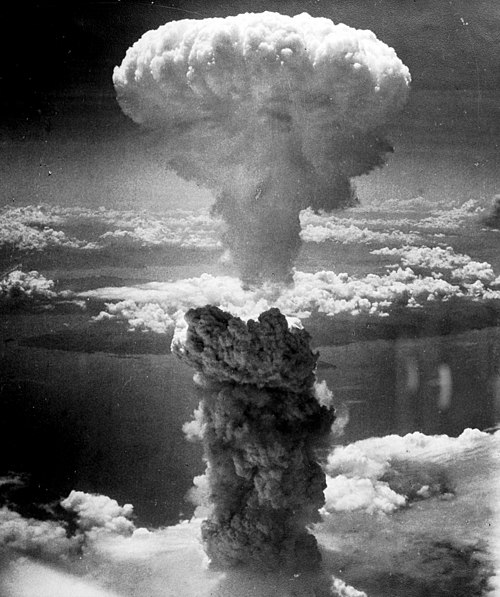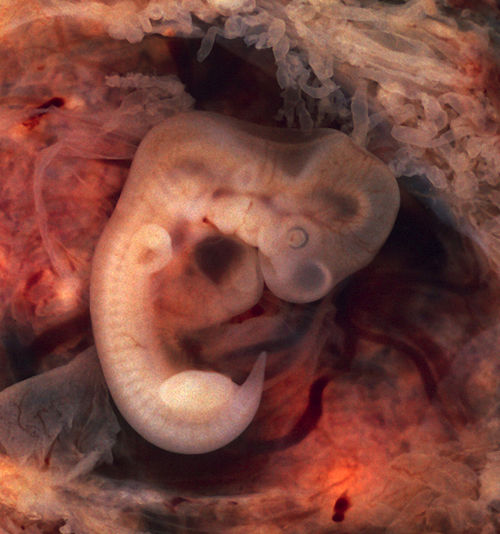Peoplenoun
Used as plural of person; a body of human beings considered generally or collectively; a group of two or more persons.
Peoplenoun
(countable) Persons forming or belonging to a particular group, such as a nation, class, ethnic group, country, family, etc; folk; a community.
Peoplenoun
A group of persons regarded as being employees, followers, companions or subjects of a ruler.
Peoplenoun
One's colleagues or employees.
Peoplenoun
A person's ancestors, relatives or family.
Peoplenoun
The mass of a community as distinguished from a special class (elite); the commonalty; the populace; the vulgar; the common crowd; the citizens.
Peoplenoun
plural of person.
Peopleverb
(transitive) To stock with people or inhabitants; to fill as with people; to populate.
Peopleverb
(intransitive) To become populous or populated.
Peopleverb
(transitive) To inhabit; to occupy; to populate.
Peoplenoun
The body of persons who compose a community, tribe, nation, or race; an aggregate of individuals forming a whole; a community; a nation.
Peoplenoun
Persons, generally; an indefinite number of men and women; folks; population, or part of population; as, country people; - sometimes used as an indefinite subject or verb, like on in French, and man in German; as, people in adversity.
Peoplenoun
The mass of community as distinguished from a special class; the commonalty; the populace; the vulgar; the common crowd; as, nobles and people.
Peoplenoun
One's ancestors or family; kindred; relations; as, my people were English.
Peopleverb
To stock with people or inhabitants; to fill as with people; to populate.
Peoplenoun
(plural) any group of human beings (men or women or children) collectively;
Peoplenoun
the body of citizens of a state or country;
Peoplenoun
the common people generally;
Peoplenoun
members of a family line;
Peopleverb
fill with people or supply with inhabitants;
Peopleverb
make one's home or live in;
Peoplenoun
human beings in general or considered collectively
Peoplenoun
the citizens of a country, especially when considered in relation to those who govern them
Peoplenoun
the members of a society without special rank or position
Peoplenoun
the state prosecution in a trial
Peoplenoun
the members of a particular nation, community, or ethnic group
Peoplenoun
the supporters or employees of a person in a position of power or authority
Peoplenoun
one's parents or relatives
Peopleverb
(of a group of people) inhabit (a place)
Peopleverb
fill or be present in (a place or domain)
Peopleverb
fill (a place) with inhabitants
People
A people is a plurality of persons considered as a whole, as is the case with an ethnic group, nation or the public of a polity.
Personnoun
An individual; usually a human being.
Personnoun
A character or part, as in a play; a specific kind or manifestation of individual character, whether in real life, or in literary or dramatic representation; an assumed character.
Personnoun
(Christianity) Any one of the three hypostases of the Holy Trinity: the Father, Son, or Holy Spirit.
Personnoun
Any sentient or socially intelligent being.
Personnoun
(in a compound noun or noun phrase) Someone who likes or has an affinity for (a specified thing).
Personnoun
The physical body of a being seen as distinct from the mind, character, etc.
Personnoun
(law) Any individual or formal organization with standing before the courts.
Personnoun
(law) The human genitalia; specifically, the penis.
Personnoun
(grammar) A linguistic category used to distinguish between the speaker of an utterance and those to whom or about whom he is speaking. See grammatical person.
Personnoun
(biology) A shoot or bud of a plant; a polyp or zooid of the compound Hydrozoa, Anthozoa, etc.; also, an individual, in the narrowest sense, among the higher animals.
Personverb
To represent as a person; to personify; to impersonate.
Personverb
To man.
Personnoun
A character or part, as in a play; a specific kind or manifestation of individual character, whether in real life, or in literary or dramatic representation; an assumed character.
Personnoun
The bodily form of a human being; body; outward appearance; as, of comely person.
Personnoun
A living, self-conscious being, as distinct from an animal or a thing; a moral agent; a human being; a man, woman, or child.
Personnoun
A human being spoken of indefinitely; one; a man; as, any person present.
Personnoun
A parson; the parish priest.
Personnoun
Among Trinitarians, one of the three subdivisions of the Godhead (the Father, the Son, and the Holy Ghost); an hypostasis.
Personnoun
One of three relations or conditions (that of speaking, that of being spoken to, and that of being spoken of) pertaining to a noun or a pronoun, and thence also to the verb of which it may be the subject.
Personnoun
A shoot or bud of a plant; a polyp or zooid of the compound Hydrozoa Anthozoa, etc.; also, an individual, in the narrowest sense, among the higher animals.
Personverb
To represent as a person; to personify; to impersonate.
Personnoun
a human being;
Personnoun
a person's body (usually including their clothing);
Personnoun
a grammatical category of pronouns and verb forms;
Person
A person (plural people or persons) is a being that has certain capacities or attributes such as reason, morality, consciousness or self-consciousness, and being a part of a culturally established form of social relations such as kinship, ownership of property, or legal responsibility. The defining features of personhood and, consequently, what makes a person count as a person, differ widely among cultures and contexts.In addition to the question of personhood, of what makes a being count as a person to begin with, there are further questions about personal identity and self: both about what makes any particular person that particular person instead of another, and about what makes a person at one time the same person as they were or will be at another time despite any intervening changes.















